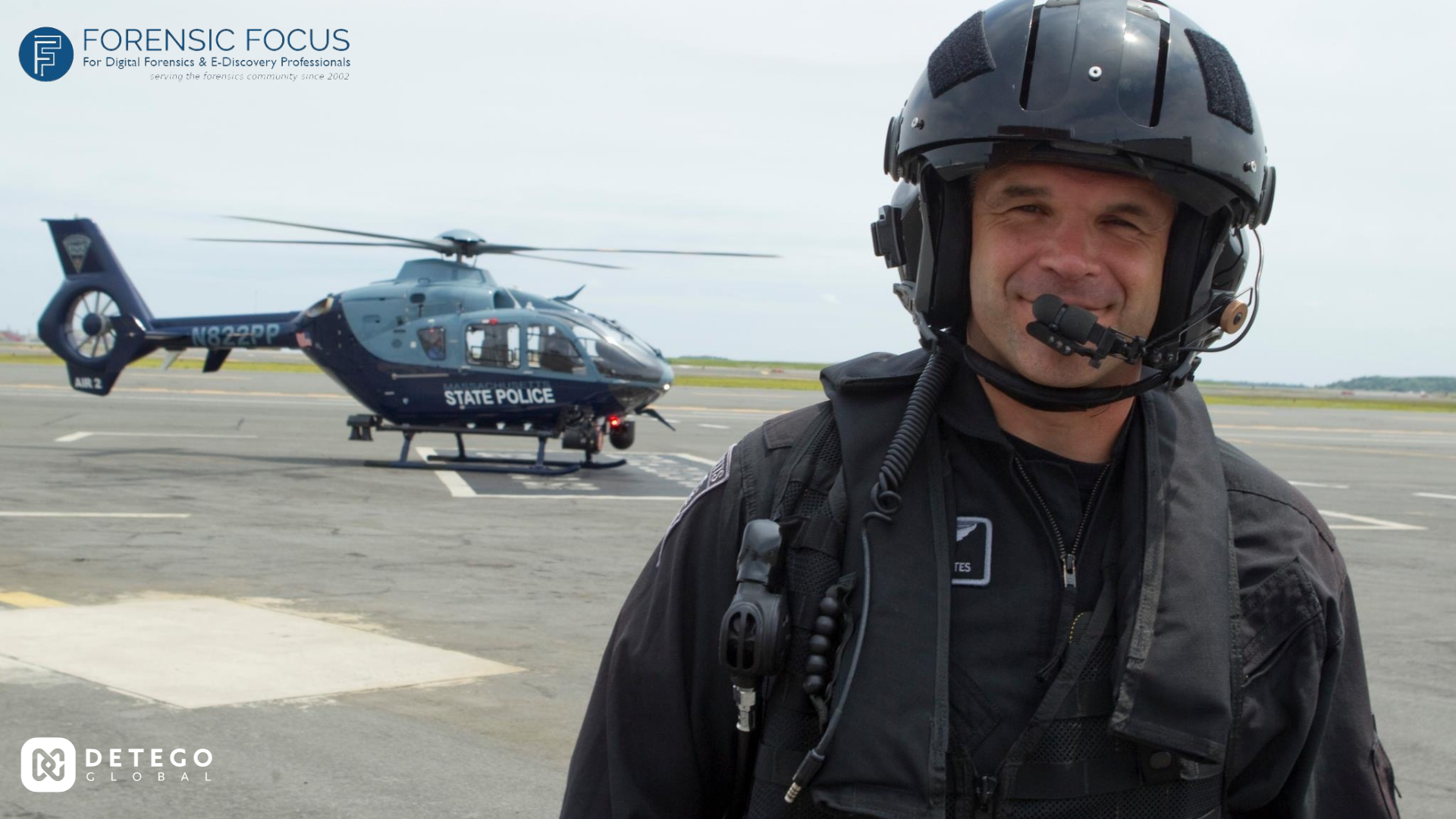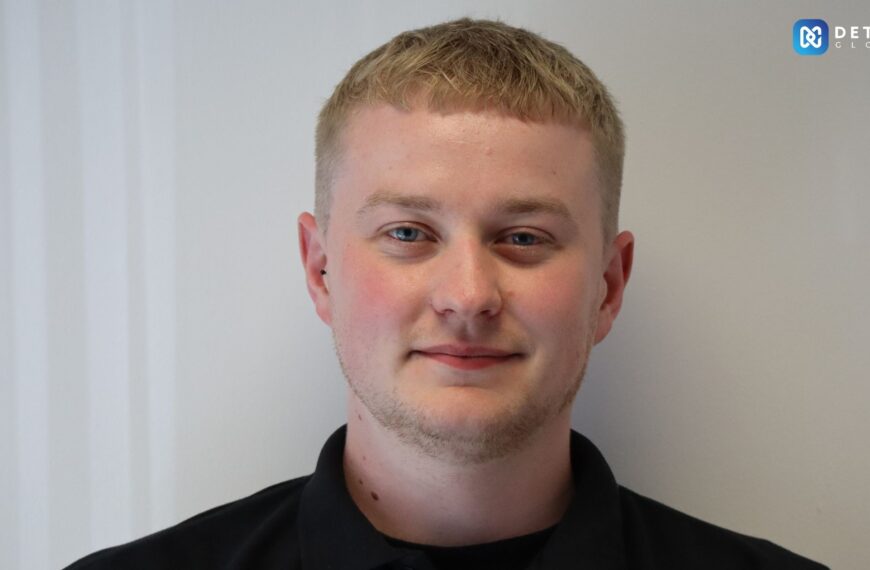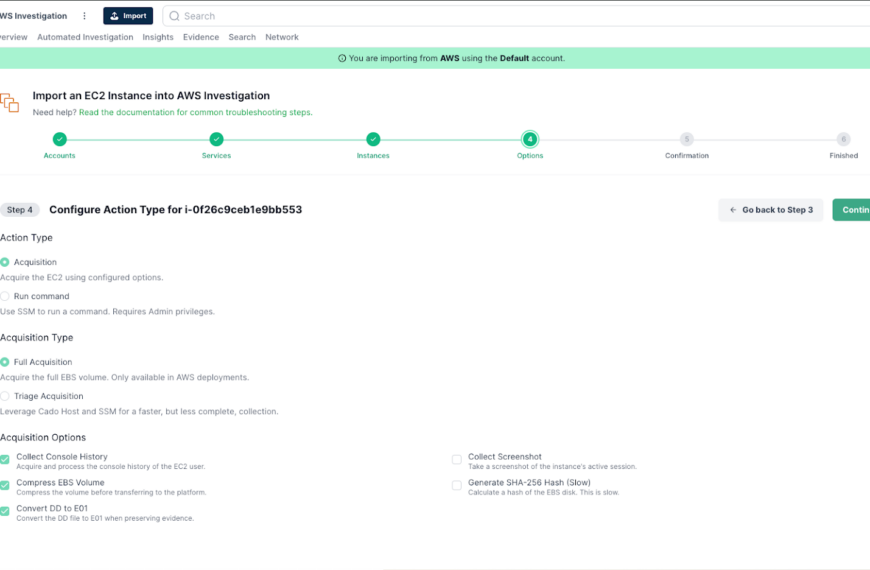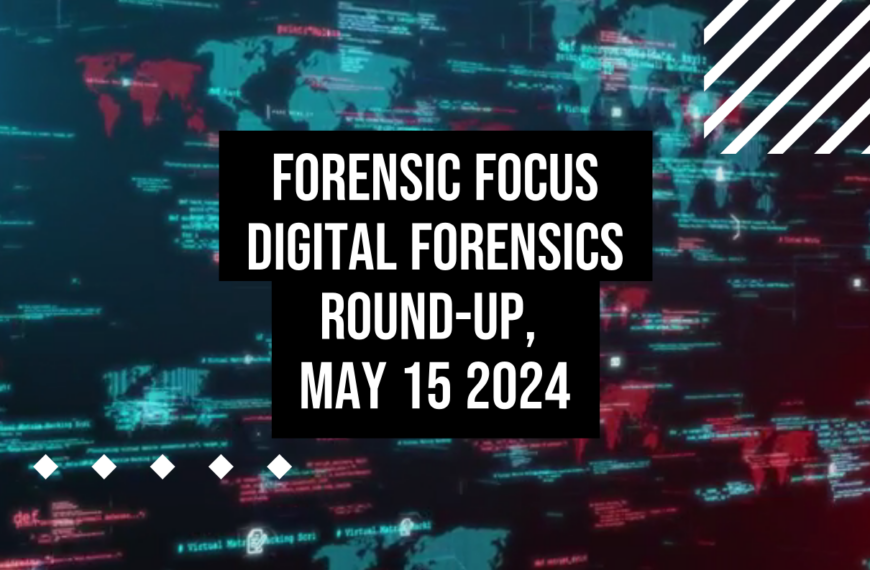Mike Bates is Detego Global’s Technical Sales Engineer for the US.
FF: What is your background and how did you end up in your current role?
With a career spanning more than 27 years in law enforcement, my focus in the last 15 years of service was on conducting and supervising digital forensics operations. It was during this time that I worked on ICAC investigations for over six years.
But the journey didn’t stop there. After retiring, I decided to venture into the entrepreneurial world, founding my own digital forensic services company, which I proudly operated for three years. These diverse experiences have shaped my path and prepared me for my current role at Detego Global.
FF: What does a typical day at work involve?
A day at work tends to be quite dynamic. I spend my time engaging with prospective clients, showcasing the incredible range of capabilities of our unified digital forensics platform. From swift data acquisition to advanced AI analytics, I help clients understand the full spectrum of our solutions and showcase how they can help enhance investigative capabilities.
I regularly conduct virtual and in-person training sessions for our customers. I have the privilege of travelling across North America, attending technology conferences and specialized digital forensics events where I get to connect with industry experts and enthusiasts to learn more about their investigative challenges and explore ways in which Detego technology can help.
I’m also always ready to assist our US-based customers, addressing any queries or support needs. It certainly is a fulfilling and multifaceted role that keeps me on my toes!
FF: What do you enjoy most about your work?
What brings me the most satisfaction is the opportunity to provide remarkable digital forensics tools that have secured global patents and awards around the world to individuals who share a professional background similar to mine in law enforcement.
Witnessing the transformation as I help them harness the full potential of our tools to simplify and expedite their casework is truly rewarding. Empowering others and making their work more efficient is what I find most fulfilling.
FF: Who uses the solutions Detego Global develops and what sorts of investigations are they used in?
The applications of our solutions are both broad and impactful. By empowering military units and police teams with cutting-edge tools, we enhance counterterrorism, intelligence gathering and law enforcement efforts. Our technology also plays a vital role in managing offenders and ensuring community safety. Our tools are trusted by ICAC investigators and other specialist units that investigate serious crimes like child abuse, human trafficking, homicides and drug smuggling.
On the corporate front, we offer invaluable protection for sensitive data, safeguarding customers and their end-users from myriad threats. I’m proud that our solutions play a significant role in ensuring safety and security across diverse domains.
FF: Can you share an example of a case that Detego Global’s solutions helped solve?
Rather than focusing on solving a single case, I’ll describe how our solutions helped Nebraska State Patrol’s Technical Crimes Unit transform its entire investigative process.
The Detego platform enabled investigators to automate manual imaging and data processing and accelerated evidence processing by nearly 70%. Our tools expanded access to a broader range of devices and platforms, which included hundreds of new phone models, IoT devices and apps.
Before the introduction of Detego, the team was about seven months behind on mobile investigations and had a nearly two-year backlog on computer data investigations.
Implementing Detego has enabled them to deliver crucial evidence to case officers in weeks, not months. Since implementing the Detego platform, the team has kept investigation lead times well under 30 days.
FF: What are some of the challenges of developing digital forensics solutions?
The development of digital forensics solutions comes with its unique set of challenges. One of the primary hurdles is the continuous evolution of digital devices and their operating systems. The ever-increasing focus on security by hardware and software companies means that data recovery from these devices is a perpetually evolving process. I take comfort in knowing that our development team is always on the ball, constantly looking at ways in which they can improve user experiences by eliminating bottlenecks and data siloes.
FF: How do you keep up to date with new types of digital crime and corresponding forensic techniques?
Staying up-to-date in the dynamic field of digital forensics and incident response is a top priority. To achieve this, I delve into tech blog posts, stay engaged with multiple DFIR groups on platforms like X (formerly Twitter), and actively participate in Discord servers where global experts discuss the constantly evolving landscape of digital investigations.
Working closely with our customers also plays a pivotal role in gaining insights into the latest trends and shifts in the DFIR space. This direct interaction provides valuable real-world perspectives.
FF: What trends do you see in digital forensics? How do you see the industry evolving?
We’re observing a significant trend where digital forensics is moving towards a front-end data triage approach. This shift reflects the growing realization that modern devices can house vast volumes of data. The conventional method of indiscriminately recovering and storing all available data could overwhelm investigative systems, potentially slowing down the entire process while adding to backlogs.
This change highlights that a more efficient and selective data recovery strategy is essential. Using a front-end data triage approach, digital forensics experts seek to streamline the process to enable investigators to concentrate on the most relevant data, making the investigative process more efficient and effective.
FF: What advice would you give to someone looking to start a career in digital forensics?
For anyone embarking on a journey in digital forensics, my advice would be to focus on acquiring a strong foundation in the methodologies of digital data storage and the core principles of digital forensics. Understanding the standards that govern forensic tools and the ability to validate data are of utmost importance in this field.
FF: What training or resources would you recommend to someone interested in this field?
For those keen on delving into this field, I’d recommend understanding the fundamental digital forensic processes and best practices. It’s crucial to know how digital data is stored, how it can be retrieved and presented, as well as the potential applications of that data. Establishing a solid foundation in these key areas will be an excellent starting point for a successful journey in the digital forensics space.
FF: And finally, what do you like to do outside of work?
I enjoy trail running, playing pickleball, working out and designing with epoxy resin to create ocean art on a variety of substances.















